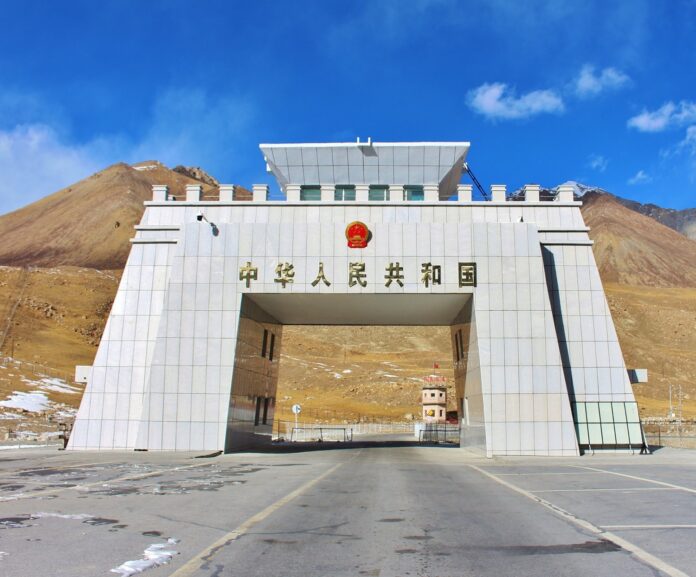Tucked away in the northernmost region of Pakistan, nestled in the shadows of the towering Karakoram Range, lies the enchanting land of Hunza. Though it is often associated with Pakistan, the region of Hunza, particularly the upper Hunza Valley, shares its northern border with China. This remote and stunning area has garnered international attention for its importance, not just for the region but also for the world, the Middle East, Europe, and beyond. In this article, we will explore the significance of Hunza for various parts of the globe.
Hunza’s Natural Beauty
The primary allure of Hunza is its breathtaking natural beauty. The region boasts awe-inspiring landscapes, including dramatic mountain ranges, crystal-clear glacial rivers, and serene lakes. Notable features include:
Karakoram Highway:
Hunza is a key stop along the Karakoram Highway, often dubbed the “Eighth Wonder of the World.” This ancient trade route connects China and Pakistan and is a vital passage for trade and connectivity.
Himalayan and Karakoram Peaks:
The region is home to some of the world’s highest peaks, including Rakaposhi and Ultar Sar. The area’s iconic mountains make it a popular destination for trekkers and mountaineers from across the globe.
Attabad Lake:
This turquoise gem was formed after a massive landslide blocked the Hunza River. It’s a symbol of the region’s resilience and natural wonders.
Hunza Valley:
The lush Hunza Valley is known for its terraced fields, apricot orchards, and serene villages. It’s a haven for nature lovers and photographers.
Importance for the World
Geostrategic Location:
Hunza is strategically located between China and Pakistan, and its proximity to Central Asia gives it a vital position in the evolving global geopolitical landscape.
China-Pakistan Economic Corridor (CPEC):
Hunza’s region plays a crucial role in the China-Pakistan Economic Corridor, a mega-project that aims to connect Gwadar Port in Pakistan to China’s western region. This project enhances regional connectivity, trade, and economic development.
Tourism:
The mesmerizing landscapes of Hunza attract tourists from all corners of the world, contributing to Pakistan’s tourism industry and increasing its global visibility.
Significance for the Middle East
Historical and Cultural Ties:
Hunza has historical and cultural ties to the ancient Silk Road, connecting the Middle East with Central and South Asia.
Economic Cooperation:
The China-Pakistan Economic Corridor enhances economic cooperation between Pakistan and China, which indirectly affects the Middle East due to the broader economic implications.
Significance for Europe
Tourism:
European tourists are increasingly discovering Hunza as an off-the-beaten-path destination. Its natural beauty, trekking opportunities, and cultural experiences make it an appealing choice for European travelers.
Cultural Exchange:
Hunza offers a unique cultural exchange with its hospitable and diverse local communities, which is of interest to global travelers, including Europeans.
Hunza, China’s border neighbor in Pakistan, holds an enchanting allure for the entire world. Its spectacular natural beauty, strategic location, and historical significance make it a global treasure. From the vast mountains to the blossoming apricot orchards, Hunza offers an unforgettable experience for adventurers, tourists, and those interested in global geopolitics. Whether you’re a traveler seeking new horizons, an economist interested in regional development, or a historian fascinated by the Silk Road, Hunza’s significance is boundless, reaching not only to the Middle East and Europe but to every corner of the globe. It’s a world treasure waiting to be explored.




